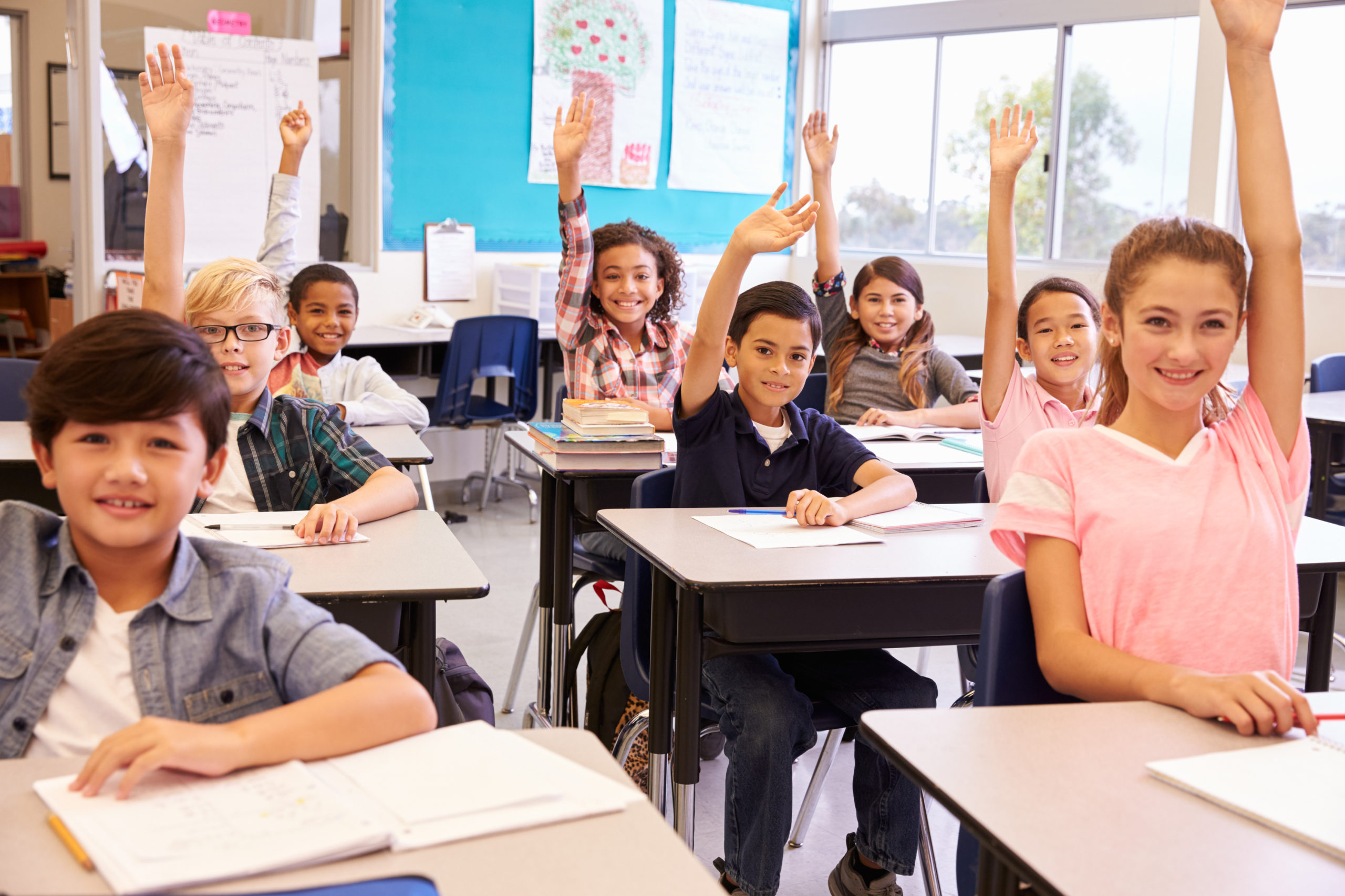Discover the Advantages of Campaigning For: Save Temecula Schools
The Influence of School Environments on Academic Success and Personal Well-Being
The design of educational areas, consisting of all-natural illumination and ergonomic furnishings, can improve students' focus and convenience. Exactly how can schools purposefully enhance these elements to better support their students?
Physical Layout and Layout
How does the physical layout and design of an institution influence scholastic success? The arrangement and visual of an institution environment can considerably influence students' discovering end results. A well-designed school layout advertises convenience of activity, minimizes diversions, and cultivates a feeling of safety and belonging. For instance, vast passages and clearly significant areas promote smooth changes between classes, minimizing lateness and disturbance. Additionally, strategically placed typical areas urge social interactions, which are crucial for social and emotional growth.
Natural lights and effective air flow systems are crucial in boosting cognitive function and reducing absence. Researches have actually revealed that classrooms with enough natural light enhance pupil concentration and lower feelings of sleepiness. Additionally, ergonomic furnishings tailored to trainees' demands can protect against physical pain, enabling long term focus and involvement in academic activities.
Access to outdoor areas and aesthetically pleasing surroundings also play a critical function - Save Temecula Schools. Eco-friendly areas and well-kept school premises give possibilities for exercise and psychological leisure, both of which are essential for keeping high degrees of scholastic efficiency. Basically, a thoughtfully designed physical atmosphere can function as a catalyst for scholastic quality, promoting an environment that supports both mentor and discovering
Class Ambience
A favorable class ambience is fundamental to achieving academic success. An atmosphere that fosters a feeling of security, inclusivity, and shared regard encourages trainees to engage even more actively in their knowing processes. The setting of a classroom, consisting of elements such as lights, noise levels, and seating setups, can dramatically affect trainee focus and inspiration. A well-ventilated, well-lit class with marginal diversions can improve cognitive function and reduce tension, consequently promoting much better scholastic results.
Furthermore, the classroom environment must sustain a culture of collaboration and open interaction. When trainees really feel comfortable sharing their concepts and asking questions, they are more probable to engage deeply with the material and create vital assuming skills - Save Temecula Schools. Peer interactions and group tasks can improve knowing by providing diverse point of views and cultivating synergy
Furthermore, developing clear assumptions and consistent regimens can create an organized environment that enables trainees to concentrate on their studies. By decreasing unpredictability and offering a predictable framework, pupils can much better handle their time and responsibilities. Eventually, a positive class ambience not just improves academic performance yet additionally adds to the total well-being of students, preparing them for future instructional and individual ventures.
Teacher-Student Relationships
Building on the significance of a positive classroom ambience, the connections between pupils and educators play a crucial function fit academic success. A healthy and balanced teacher-student relationship cultivates a learning atmosphere where students really feel valued, recognized, and supported, which dramatically boosts their motivation and engagement. When students perceive their instructors as understanding and friendly, they are more likely to take part actively in course and look for assistance when needed, adding to a deeper understanding of the subject.

This depend on enables trainees to express their problems and ideas openly, cultivating a collective discovering environment. In essence, solid teacher-student connections are a cornerstone of educational success, playing an important role in both scholastic achievement and individual development.
Peer Interactions
Peer communications considerably affect scholastic success by forming a student's cognitive and social growth. Within the college setting, peer partnerships offer as a fundamental element for finding out and individual growth. Favorable peer interactions can enhance a pupil's motivation and interaction in academic tasks with collaborative learning and common assistance. When pupils function with each other in group setups, they exchange concepts, address troubles jointly, and develop essential thinking abilities. Such interactions promote a feeling of belonging and neighborhood, which is vital for emotional health and academic determination.

Reliable peer communications likewise add to the development of crucial life abilities, such as interaction, teamwork, and conflict resolution. These social competencies are vital for both scholastic success and individual well-being, underscoring the value of promoting positive peer dynamics within the school environment.
After-school Activities
Involving in extracurricular activities plays a pivotal role in a trainee's scholastic success and personal growth. Research study consistently suggests that pupils that participate in extracurricular activities tend to accomplish higher academic performance.
Moreover, extracurricular participation fosters a feeling of belonging and area, which is necessary for personal well-being. Taking part in group tasks enables pupils to construct and strengthen social media networks, improving their social and emotional knowledge. These interactions are essential for establishing social skills that are advantageous in both future and academic specialist environments.
Additionally, extracurricular tasks give a positive electrical outlet for pupils to discover their rate of interests and passions past the basic educational program. This expedition can lead to the exploration of new skills and potential career courses, better motivating students to engage even more deeply in their scholastic job. Finally, the function of after-school activities extends past mere leisure; they are indispensable to cultivating an alternative academic experience that promotes both scholastic success and individual development.
Verdict
Altogether, the influence of institution settings on both academic success and individual wellness is profound. Thoughtfully created physical formats and find out here now class, along with positive teacher-student partnerships and positive peer interactions, substantially boost student motivation and engagement. Moreover, the presence of helpful teachers can minimize stress, cultivating a supporting atmosphere for holistic growth. These components collectively emphasize the significance of producing and keeping optimal institution settings for the advantage of students' scholastic and personal development.
Eventually, a positive class environment not just enhances scholastic performance however also contributes to the general well-being of students, preparing them for future educational and individual ventures.
